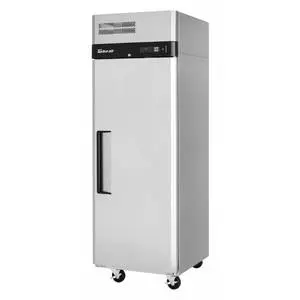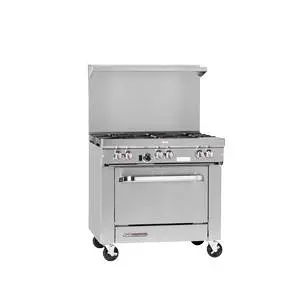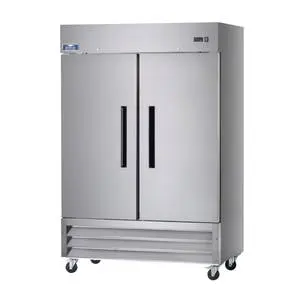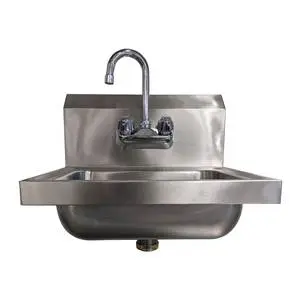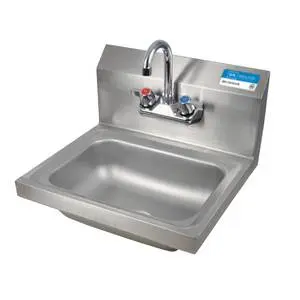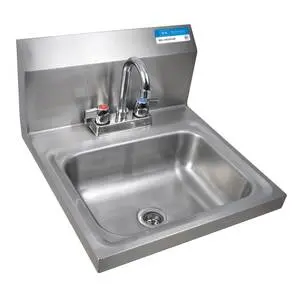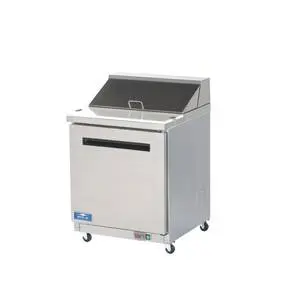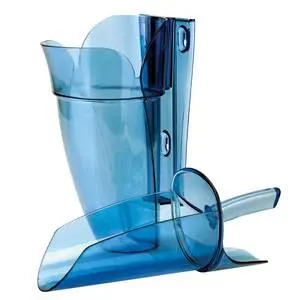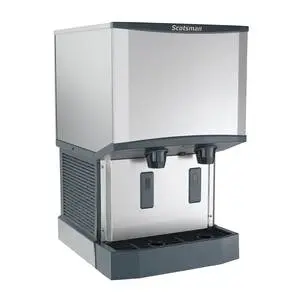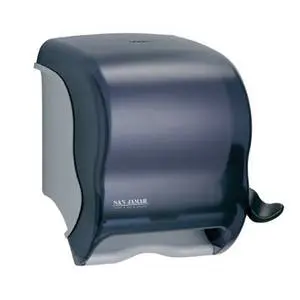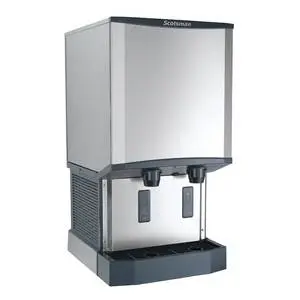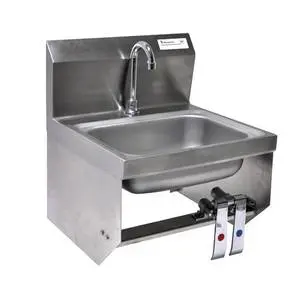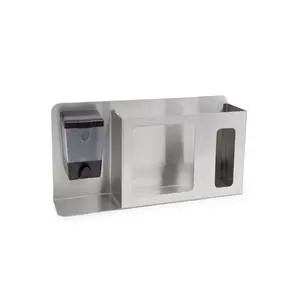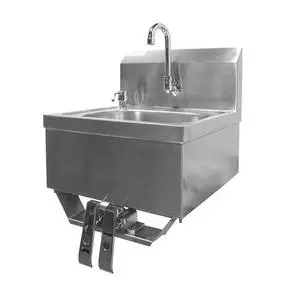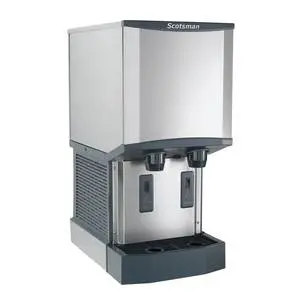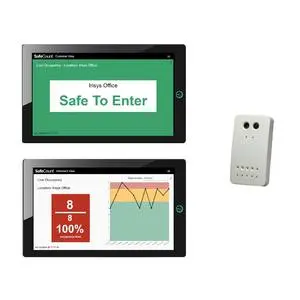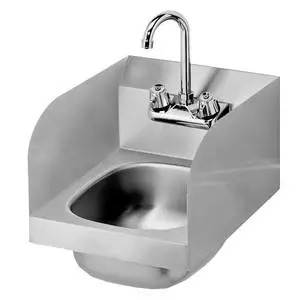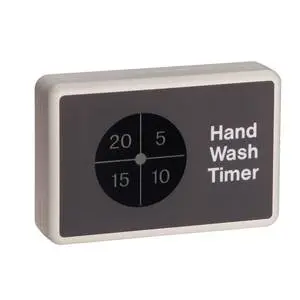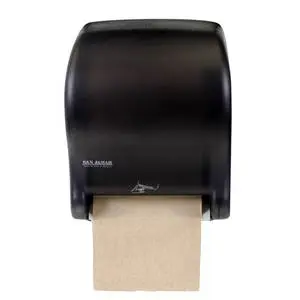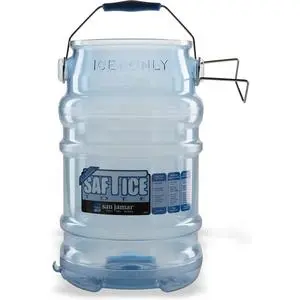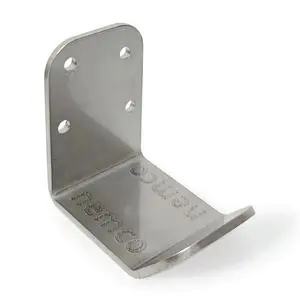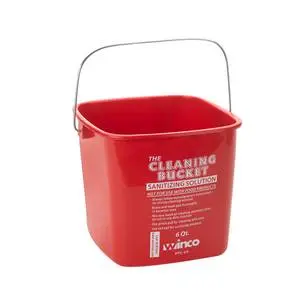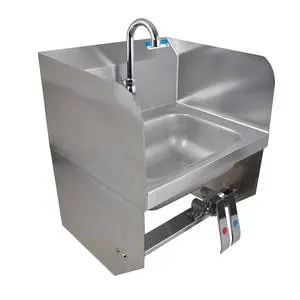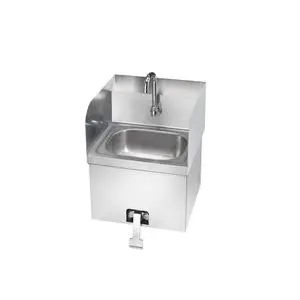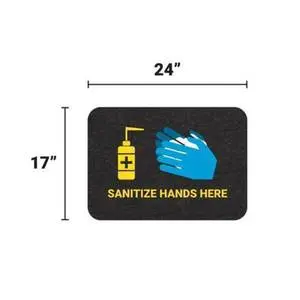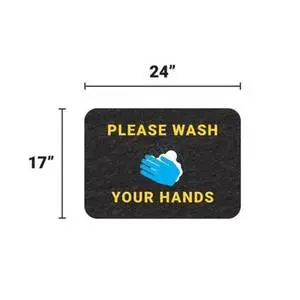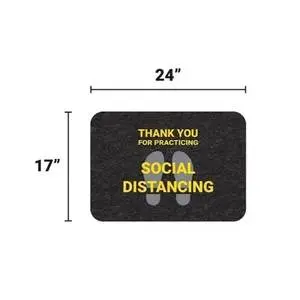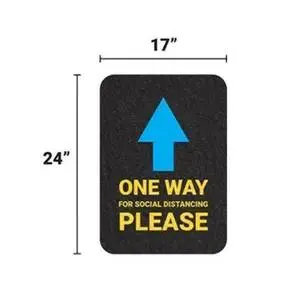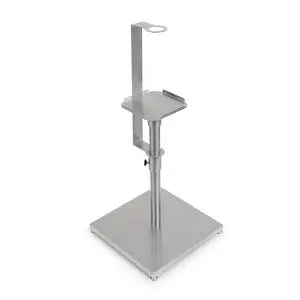How to keep dine-in operations safe for your staff and customers
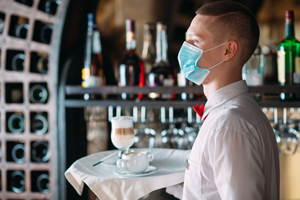
The state of Georgia is the first in the country to lift restrictions on non-essential businesses, including restaurants, allowing dine-in services to begin on Monday, April 27. Just days after the announcement, Governor Brian Kemp issued guidelines for restaurants to open their doors. The guidelines require restaurants that reopen to abide by specific standards, including screening employees for signs of illness, requiring all employees to wear face masks, and limiting capacity to no more than 10 people per 500 square feet.
According the AJC, many metro Atlanta restaurants had already made the voluntary decision to close their dining rooms and patios before Kemp’s statewide ban on dine-in service took effect, and some transitioned to a takeout-and-delivery model. Several restaurateurs said in interviews that an April 27 opening date was impossible, while others were waiting for Kemp’s executive order before deciding. In other parts of the state, though, businesses are eager to open their doors to dine-in customers.
“Restaurants that choose to open need to be vigilant and diligent about all these practices,” said Karen Bremer, chief executive of the Georgia Restaurant Association.
The requirements include placing signs at entrances saying customers can’t enter if they have symptoms of COVID-19, monitoring staff for fever or signs of illness throughout their shifts, limiting occupancy, implementing heavy sanitation routines and staggering employee shifts, when possible.
Additional guidelines to reopening in Georgia:
- Restaurants that allow more than 10 people at a single location must require at least a 6-foot distance between people.
- Stagger workstations (POS, drink stations, carry-out areas).
- Restaurants must post signs that say no one with symptoms of COVID_19 can enter.
- Party size is limited to no more than 6 per table.
- Salad bars and buffets are no longer allowed.
- Restaurants must use pre-rolled silverware.
- Items must be removed from self-service drink, condiment, utensil and tableware stations and have workers provide those items to patrons.
- The use of disposable paper menus is strongly encouraged and should be discarded after each use.
- Employers must screen and evaluate workers who exhibit signs of illness, such as a fever over 100.4 degrees and a cough or shortness of breath.
- Employees who have COVID-19 must self-isolate for 7 days and be fever-free and symptom-free for 3 days before coming back to work.
- All restaurant employees are required to wear masks at all times and they should be cleaned or replaced daily.
- Employers must train employees on the importance of frequent handwashing, use of hand sanitizers with at least 60% alcohol and provide clear instruction to avoid touching their faces.
- Discourage staff from using other employees’ phones, work tools and equipment.
- Prohibit handshaking and other unnecessary person-to-person contact in the workplace.
- Clean and sanitize restrooms regularly and ensure there is always an adequate supply of soap and paper towels.
- Consider employing reservations only, call-ahead seating, mobile ordering, text on arrival for seating and contactless payment options.
- Provide hand sanitizer, including contactless hand sanitizing stations for staff and customers.
- The use of physical barriers such as partitions or Plexiglass at the register is highly recommended.
- Do not allow customers to congregate in waiting or bar areas.
- Design a process to ensure customer separation while waiting to be seated that includes floor markings, outdoor distancing or waiting in cars.
- Use markings such as “in” and “out,” “to” and “from” to establish paths that mitigate proximity for restrooms and entrances.
- Playgrounds must remain closed.
This is a very tough time for restaurants and foodservice operations everywhere as state governments decide whether to reopen their states or continue current shutdown orders. Restaurant owners in Georgia and across the United States should prepare themselves for when their state allows them to open their doors by implementing new procedures, tightening current ones, and staying on top of food safety guidelines. To meet these guidelines, restaurants should have safety protocols and best practices in place. Owners and operators should contact their state and local health departments for the latest advisories/information about coronavirus in their community.
Shop commonly needed items here



